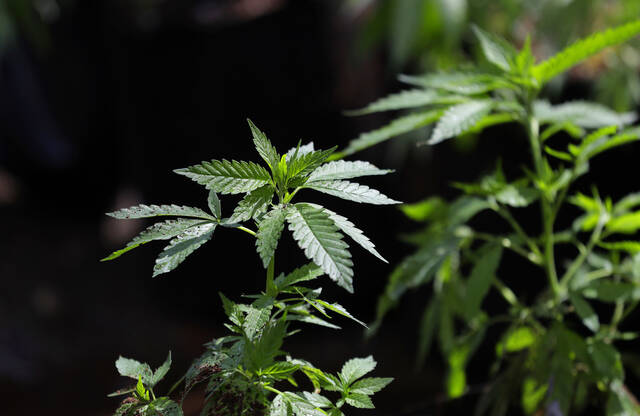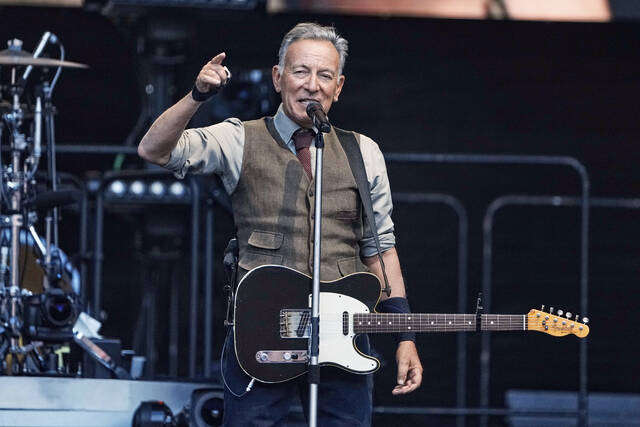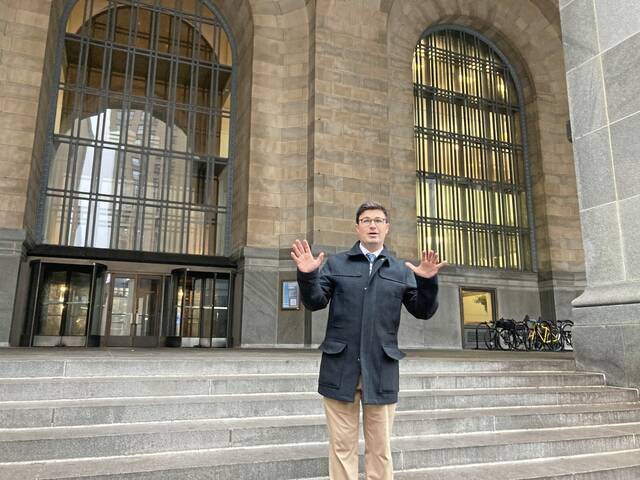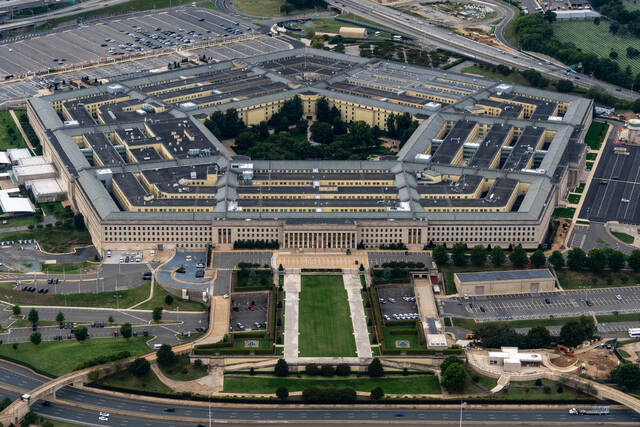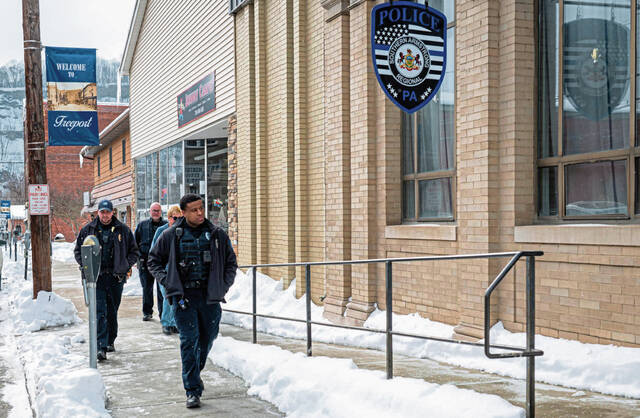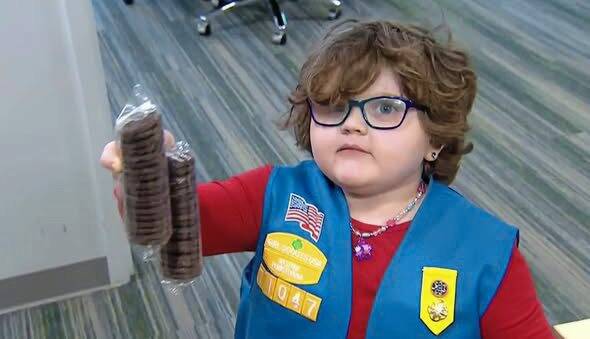Experts weighed in on City Council’s proposal to ban plastic bags in Pittsburgh, a measure the legislation’s sponsor said will likely be held till next year.
Councilwoman Erika Strassburger introduced the legislation, which would ban plastic bags in most scenarios and implement a fee for paper bags, in November.
Rather than using the standard plastic grocery bags, shoppers would need to bring their own reusable bags or, if they don’t have one, retailers would instead have to offer a recyclable paper bag for a fee of at least 15 cents, according to the proposed legislation.
The fee is meant to help retailers recoup the added cost of buying pricier paper bags instead of plastic, Strassburger said.
There would be exceptions for produce bags, meat packaging, pharmacy bags or bags used to wrap flowers or similar items. Garbage bags and pet waste bags would also be exempt.
But Strassburger and other members of council have voiced concerns that the measure could prove to be an undue financial burden on the city’s low-income families. Specific details regarding enforcement are still being finalized.
“Plastic sits in our environment for hundreds of years, if not longer,” said Ashleigh Deemer, deputy director of PennEnvironment, a statewide environmental advocacy group that supports the legislation.
She pointed to studies showing that microplastics, which can come from plastic bags, are prevalent in Pennsylvania waterways. One PennEnvironment study showed microplastic — harmful, potentially carcinogenic materials — were present in 100% of tested waterways throughout the commonwealth, including several in Pittsburgh.
Instituting a plastic bag ban, she said, could drastically cut down on the 108 million plastic bags Pittsburghers use annually.
She cited statistics that show Americans generate about 35 million pounds of plastic waste per year, and less than 10% of that is recycled.
Plastic bags account for just under 8% of litter found in Pittsburgh, not counting cigarettes and unidentifiable litter, said Christopher Mitchell, an anti-litter specialist with the city.
Out of those bags, he said, about 67% are single-use plastic bags.
Changes like this legislation, he said, “can make a real difference over time.”
But he noted that it should be part of a larger effort, because “there’s no silver bullet to this problem.”
The ban would also tie into Pittsburgh’s goal of becoming a zero-waste city by 2030, said Aftyn Giles, the city’s senior sustainability coordinator.
But not everyone is convinced the measure will be effective, or equitable.
Zachary Taylor, director of the American Recyclable Plastic Bag Alliance, said single-use plastic bags are “100% recyclable” and many are made with recyclable materials. The reusable bags, however, “have greater environmental impacts” and most can’t be recycled, he said. Many reusable bags are produced overseas, where environmental considerations may not be prevalent, he said.
“When disposed of properly, the plastic bag is the one with the fewest environmental impacts,” Taylor said, suggesting the emphasis should be on ensuring they are properly recycled.
He cited a Pennsylvania-wide study that showed plastic bags made up less than 1% of litter found throughout the commonwealth.
Plus, it could be hard for low-income families to afford the added cost of either purchasing reusable bags or adding a charge of at least 15 cents per bag to every grocery bill, Taylor said in a previous conversation with the Tribune-Review.
He referenced a study from the University of Ottawa that analyzed a similar ban on single-use plastic bags enacted in Toronto.
“What it really found was that these bag fees hit vulnerable families toward the lower end of the socio-economic spectrum hardest,” he said. “Fifteen cents on every bag adds up pretty quickly.”
It could total more than $100 per year for an average family, he said.
“It’s not just that this is going to put a 15-centcharge on families bringing groceries home. It’s also a burden on small businesses,” Taylor said, explaining that small businesses who are forced to buy pricier paper bags may not recoup that money as easily as larger businesses who often get discounts on bulk purchases.
Strassburger on Friday said she and other council members have wrestled with how to tackle that element of the legislation. She said they’ve considered exceptions for people with SNAP, WIC or other government benefits.
Another idea, she said, was seeking a grant to pay for the city to buy reusable bags for all city residents, or for those living in generally poorer areas.
The fee is necessary to ensure businesses don’t have to bear the brunt of more expensive paper bags, said Logan Welde, staff attorney and director of legislative affairs for the Clean Air Council.
He supported the fee not only to help businesses, but also because he said it helps spark the behavioral changes the legislation is hoping to see.
Other questions regarding whether the city could take a portion of the fee to use for litter removal projects or other purposes and how the city would enforce the measure are also being worked out, Strassburger said.
Because of those remaining concerns, she said the legislation will be held until the new year.



